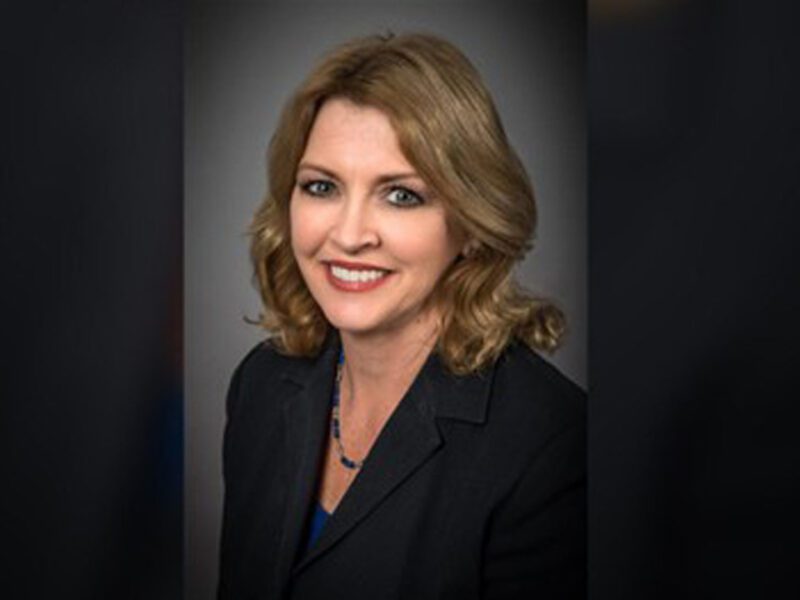
Carbon monoxide detectors supported for Broward schools following gas leaks
Sun Sentinel | By Scott Travis | September 5, 2024
Broward Schools will install carbon monoxide detectors in their cafeterias, following a series of reported gas leaks that led to evacuations, hospitalizations, and the suspension of hot meals.
The School Board voted unanimously Wednesday to ask Superintendent Howard Hepburn to seek bids for a carbon monoxide detection system, with a possible contract brought back for approval Sept. 24. The system, which will cover school cafeterias and culinary labs, is expected to cost about $55,000, Hepburn said.
Although carbon monoxide detectors are required in many buildings where people sleep, including homes, hospitals and assisted living facilities, state law doesn’t require them for schools.
Some School Board members said they didn’t realize these detectors weren’t installed until questions arose last month about gas leaks in several schools.
The most serious incident was at the district’s largest school, the 4,700-student Cypress Bay High in Weston, where high levels of carbon monoxide were detected in the cafeteria.
At least six people were hospitalized and nine others were treated and released, due to carbon monoxide inhalation on Aug. 23, according to officials from the city and Broward Sheriff Fire Rescue.
Principal Kassandra Fried sent a message to parents Aug. 25 saying the issue had been resolved, but then on Aug. 26, high levels were detected again, prompting the district to vacate the cafeteria and temporarily stop hot food service. The principal told parents that afternoon “a faulty fuse in one of our ovens’ vents” was to blame and has been repaired.
That same day, a reported propane leak at Oriole Elementary in Lauderdale Lakes prompted an evacuation and one person to be taken to the hospital. The school was evacuated, and hot food service was stopped until the issue was fixed. A district spokeswoman said the tank was “low in propane and was purging the excess air out of the tank,” but there was no actual gas leak.
Three days later, on Aug. 29, Piper High was evacuated due to an unusual odor. District health officials determined that issue was not a gas leak.
Hepburn told the School Board on Wednesday that Cypress Bay was the only school where high carbon monoxide levels were actually detected.
“All the other issues that actually popped up, I think people were being a little overly cautious, but there were no gas leaks at the other sites,” he said. “Nothing was confirmed nor found at those other schools.”
Hepburn said after the Cypress Bay incidents that he would recommend the district purchase the gas detection system.
supt-letter“The carbon monoxide detectors that we’re actually getting estimates for … it’s not required by code or legislation, but we’re going to go above and beyond just to make sure we add that extra layer of safety in our facilities so we can detect those gases sooner than later, so we can make an appropriate reaction in real time,” Hepburn said in a recent news conference.
Last week, Board member Nora Rupert wrote a letter to Hepburn voicing “deep concern” about the leaks and requesting “urgent action.”
“The safety of our students, teachers, and staff is paramount, and these recurring incidents pose a significant risk to their well-being,” Rupert wrote. “Not only do these evacuations disrupt the learning environment, but they also expose our school community to potential health hazards.”
She requested a safety audit of schools, focusing on gas lines, cooking/heating systems and carbon monoxide detectors. She also requested a detailed report on the causes of the recent incidents, as well as an action plan to address and prevent future incidents, and to keep parents and school staff informed.
Hepburn said Wednesday he will send a memo to School Board members with responses to Rupert’s questions.





